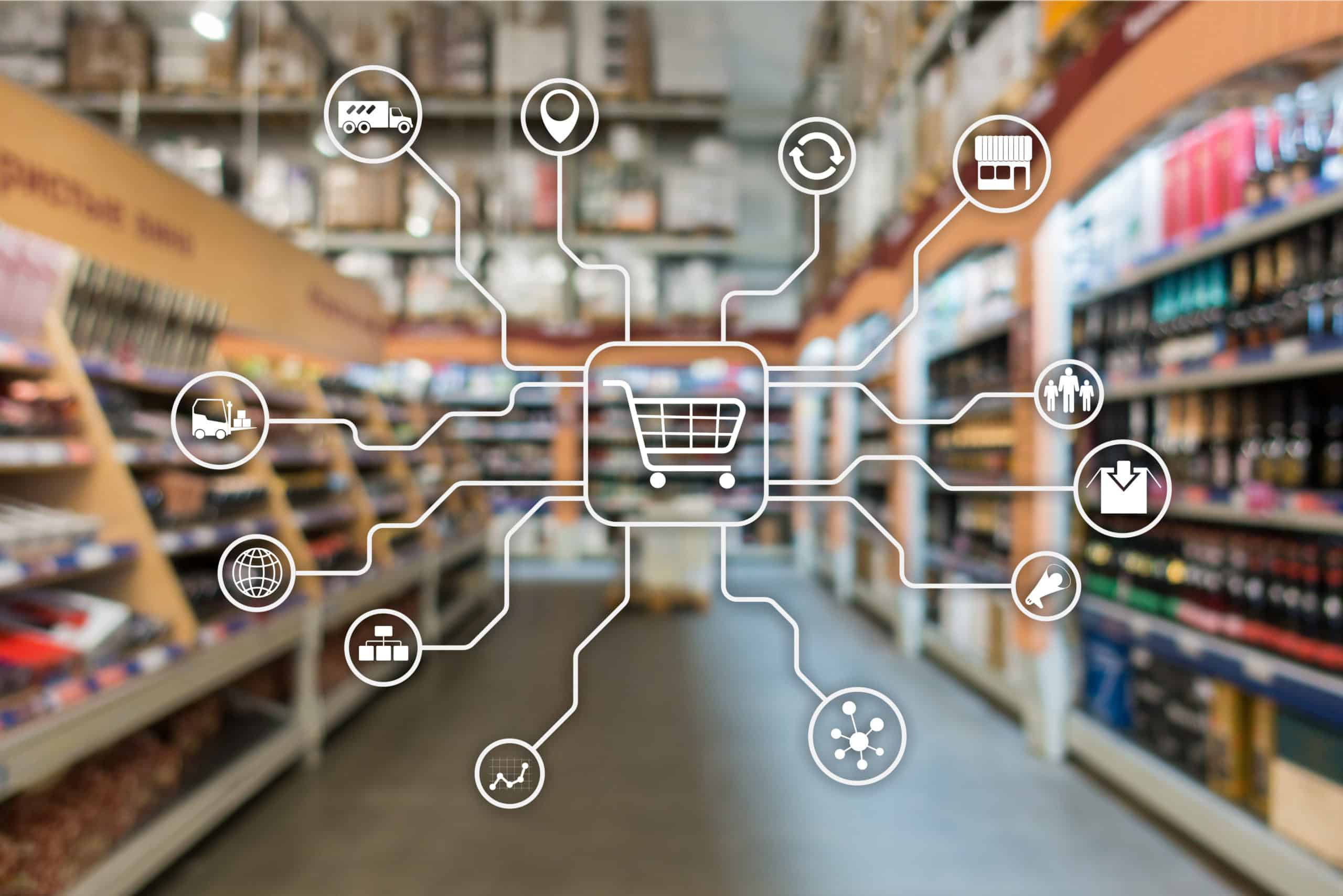
Optimizing Inventory Management with POS Software
Consumer demands and market trends are ever-evolving, especially in retail and hospitality sectors. Efficient inventory management is therefore crucial for the success of any business. For retailers, finding the delicate balance between stocking enough products to meet demand without overstocking is a perpetual challenge.
Point of Sale (POS) software transforms inventory management into a seamless and optimized process that cuts your costs and enhance your performance.
Understanding the Inventory dilemma
Inventory management is the process of ordering, storing, using, and selling inventory. Inventory management though involves more than just stocking shelves and raw material management. It encompasses the entire lifecycle of a product, from procurement to sale.
The aim is to ensure that the right products are available at the right time, in the right quantities, and at the right cost. Achieving this balance can be a logistical puzzle without the right tools.
POS Software
POS software has evolved far beyond merely processing transactions. It's now a robust inventory management tool, offering a suite of features that empower retailers to streamline operations and maximize efficiency.
How can your POS software streamline your inventory management?
Real-Time Inventory Tracking
One of the primary advantages of POS software is its ability to provide real-time insights into inventory levels. Traditional inventory management methods often involve manual tracking and periodic audits, leading to inaccuracies and delays.
POS system automates this process, updating inventory levels instantly with each sale and allowing you to make informed decisions based on up-to-date information. This real-time tracking helps prevent stockouts, overstock situations, and ensures that popular products are always in stock.
Accurate Sales Forecasting
POS software goes beyond simple inventory tracking by analyzing sales data and customer behavior. By examining historical sales patterns, retailers can make accurate forecasts about future demand for specific products.
This forecasting capability enables your business to optimize stock levels, reduce excess inventory, and minimize the risk of holding onto slow-moving items. This proactive approach helps you align your inventory with market demand, preventing both shortages and surplus stock.
Centralized Data Management
Managing inventory across multiple channels can be a logistical challenge for retailers. POS software streamlines this process by centralizing data management.
Whether a sale occurs in-store, online, or through other channels, the inventory is updated in real-time across all platforms. This centralized approach ensures that retailers have a holistic view of their inventory, preventing discrepancies and improving overall accuracy.
Vendor Management and Order Optimization
Efficient vendor management is crucial for maintaining a well-balanced inventory. POS systems can automate the reordering process by generating purchase orders based on predefined reorder points and sales trends. This helps retailers optimize their orders, reducing the risk of overordering or underordering. Additionally, POS software streamlines communication with suppliers, facilitating better collaboration and ensuring that the supply chain remains agile and responsive to market changes.
POS software serves as a centralized hub, consolidating inventory data across multiple locations or channels. This enables retailers with multiple stores or an online presence to manage inventory seamlessly, ensuring uniformity and accuracy across the board.
Cost Reduction and Improved Profit Margins
Efficiency and cost reduction are critical benefits of effective inventory management through POS software:
Reduced Overstocking: By accurately predicting demand, retailers can minimize excess inventory, freeing up capital that would otherwise be tied up in surplus stock.
Preventing Stockouts: Avoiding stockouts is equally vital. POS software ensures that popular items are always available, preventing lost sales opportunities and maintaining customer satisfaction.
Improved Cash Flow: With less inventory on hand, you can easily improve your cash flow to be deployed in other needed divisions.
Minimized Manual Errors: Automation reduces human error in inventory management. Accurate tracking and automated processes diminish discrepancies and the associated costs of mismanaged stock.
Future Trends and Adaptability
As technology advances, POS systems continue to evolve. AI-driven algorithms, integration with machine learning capabilities are increasingly becoming part of POS software, enhancing its predictive abilities and adaptability to changing market dynamics.
In an era where customer expectations are higher than ever, seamless inventory management is a competitive advantage. POS software is the key that unlocks not only efficient inventory handling but also better customer experiences. By harnessing its capabilities, retailers can optimize inventory, reduce costs, and stay ahead in the ever-evolving retail landscape.
The integration of POS software isn't just a matter of convenience—it's a strategic move that redefines how retailers manage their inventory. It's a transformative tool that empowers retailers to stay agile, responsive, and competitive in an ever-evolving market.
Remember, the true power of POS software lies not just in its features but in how effectively you leverage its capabilities to enhance your operations and customer satisfaction.





